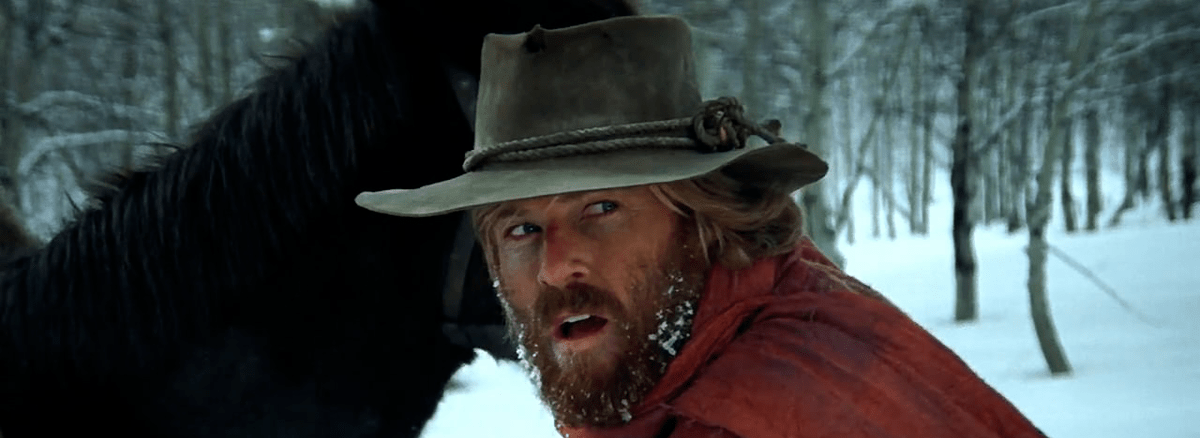Heima (2007) Directed by Dean DuBlois
What is a community? It's more than just a big group of people with a common purpose. I don't think of NFL crowds as communities, but what is or is not a community I sometimes find difficult to fathom. But saying this as a city guy through and through, people who live in small towns seem to know. At Christmas time in church basements in these places, the sense of community is as concrete and palpable as the salads and cakes and casseroles set out on long tables waiting to be shared by the celebrants. It is not the only kind of community there is, but it is a reassuring one even if I could not live for two months in its midst without wanting to be back in Toronto.
Sigur Ros had this great idea. After a far-flung world tour in 2006, the members decided to thank their fans back home in Iceland by playing a series of both set and impromptu concerts all over its tiny hamlets and seaside villages.
Heima is the visual keepsake of that tour, and I find it enthralling on a bunch of levels. First, there is the music.
Sigur Ros is not a typical rock band. Though they play both acoustic and electric instrument and rely especially on the latter in concert, the term "rock band" seems to fit them only in an awkward way. Their music can be muscular, but it is usually otherworldly, something that seems a mix of folk, traditional, religious (but not gospel), European
avant garde jazz, orchestral music and, finally, rock. No band from any other country I know sounds like
Sigur Ros, just like no other singer I know sounds like fellow countrywoman
Bjork at her most experimental. So this is music that comes from somewhere particular and that particular place is Iceland.
If I thought beyond Sigur Ros' music at all before seeing
Heima, it was to wonder whether Jonsi Birgisson's voice was what ancient monasteries valued as
castrato--a male soprano sound that is a virtual cross blend of both male and female (let's not go into detail about how this voice was achieved--the name is sufficient giveaway). Whatever the sound he makes was, it was certainly perfect for this hypnotic, ethereal music. There was a time when I played this band a lot, but not until I came across
Heima did I appreciate how connected it is to a particular place and people, to a real sense of community.
I know almost nothing about Iceland except what I have experienced in maybe a half dozen movies. Not much, but enough to form half an impression, however grossly inadequate it might be. Iceland seems like its own little kingdom, stuck out there in mid-Atlantic, part of Europe but almost as a courtesy. I'm not a
Lord of the Rings fan, but I could imagine shires in Iceland, though not, of course, hobbits--though magical creatures could rule the mythology of the place for all I know. That would make sense to me. But my impression is that Iceland is remote, cold, isolated, rugged, beautiful in some places in utterly unearthly ways. It is impossible for me not to wonder what kind of people all this must produce and about how Icelandic music and art, in all its varieties, must flow from this source point.
I get a sense of such relationships in
Heima. It is a combination of
Sigur Ros's haunting music, the sense of comfortable solidarity and shared belonging that the band experiences with their many, varied audiences of all ages and stations, and the feeling that something essential is being shared by all the people at these gatherings. I would call this an example of community at its best, and this sense is heightened immensely by the gorgeous cinematography of this film, not just of the mysterious places of Iceland but also of its people who seem so comfortable in their own skin.




